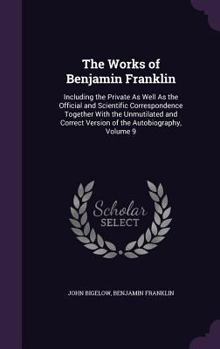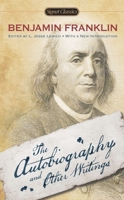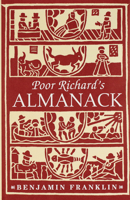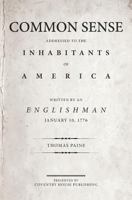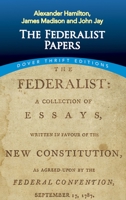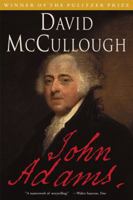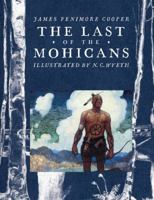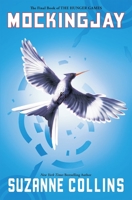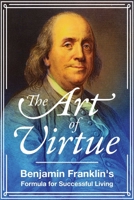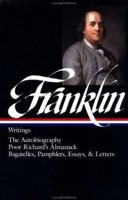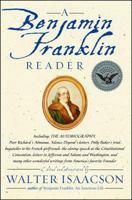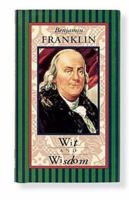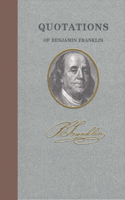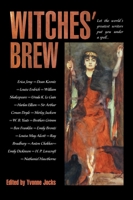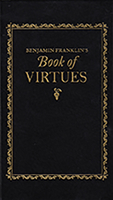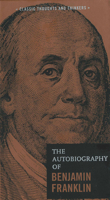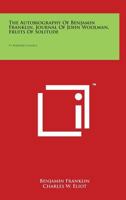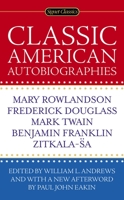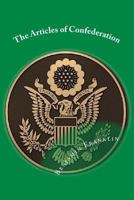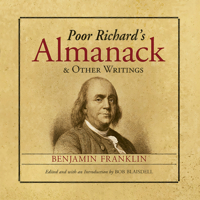The Works of Benjamin Franklin: Containing Several Political and Historical Tracts Not Included in Any Former Edition, and Many Letters, Official and Private, Not Hitherto Published; With Notes and a
Select Format
Select Condition 
You Might Also Enjoy
Book Overview
This work has been selected by scholars as being culturally important, and is part of the knowledge base of civilization as we know it. This work was reproduced from the original artifact, and remains as true to the original work as possible. Therefore, you will see the original copyright references, library stamps (as most of these works have been housed in our most important libraries around the world), and other notations in the work.This work is in the public domain in the United States of America, and possibly other nations. Within the United States, you may freely copy and distribute this work, as no entity (individual or corporate) has a copyright on the body of the work.As a reproduction of a historical artifact, this work may contain missing or blurred pages, poor pictures, errant marks, etc. Scholars believe, and we concur, that this work is important enough to be preserved, reproduced, and made generally available to the public. We appreciate your support of the preservation process, and thank you for being an important part of keeping this knowledge alive and relevant. This description may be from another edition of this product.
Format:Hardcover
Language:English
ISBN:1358926468
ISBN13:9781358926464
Release Date:May 2016
Publisher:Palala Press
Length:472 Pages
Weight:1.84 lbs.
Dimensions:1.0" x 6.1" x 9.2"
Related Subjects
Ancient & Classical Literature Ancient, Classical & Medieval Biological Sciences Biology Biology & Life Sciences Classics Criticism & Theory Europe Fantasy Epics Germany Greek History History & Criticism Humanities Literary Criticism Literary Criticism & Collections Literature Literature & Fiction Medieval Movements & Periods Poetry Themes & StylesMore by Benjamin Franklin
Customer Reviews
3 customer ratings | 3 reviews
There are currently no reviews. Be the first to review this work.










